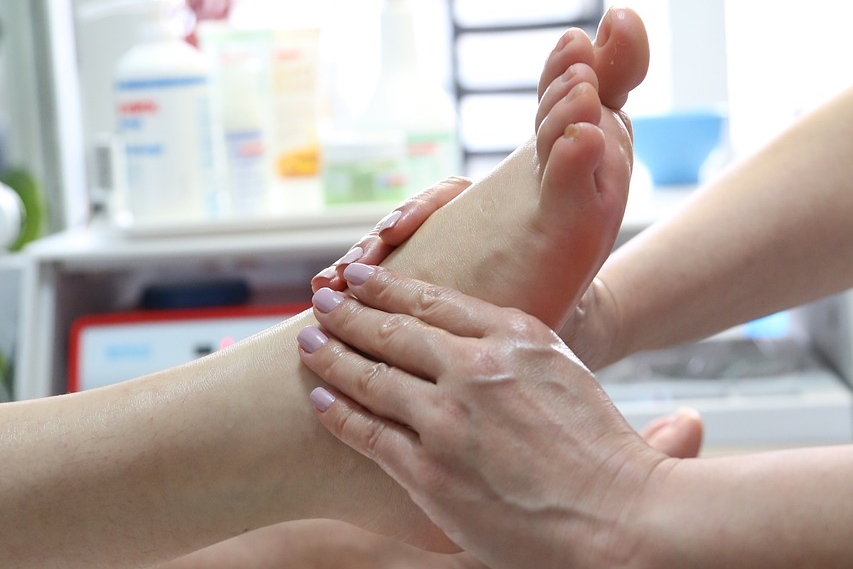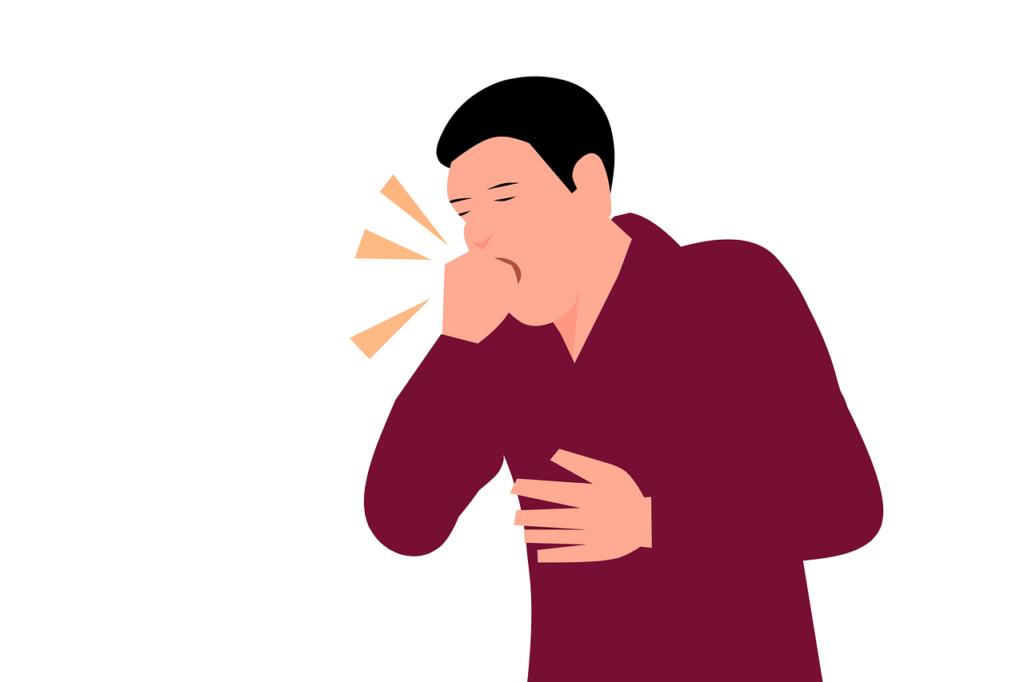What are Stomach Ulcers
Stomach ulcers, also known as peptic ulcers, are sores that develop on the inner lining of the stomach or small intestine. They are typically caused by the erosion of the mucosal layer due to excessive stomach acid or the presence of the bacterium Helicobacter pylori (H. pylori). Stomach ulcers can be extremely painful and can lead to serious complications if left untreated.
Causes of Stomach Ulcers:
The causes of the peptic ulcers are described in Yugimuni cintamani as follows,
செய்யான குன்மத்தின் தோற்றந் தன்னைச்
செப்பிடவே துவர்ப்பான பொசிப்பினாலும்
மய்யான மங்கையுடன் மருவலாலும்
வகையாகுங் கிழங்குவகை அருந்தலாலும்
உய்யன மிளகுவகை உரைப்பினாலும்
உறுபசியை அடக்கிடும் மந்தத்தாலும்
தய்யான சண்டாள கோபத் தாலும்
சலிப்பினாலும் குன்மம் வந்தடையும் பாரே
–யூகி முனி வைத்திய சிந்தாமணி.
- H. pylori infection: H. pylori is a bacterium that can live in the stomach and weaken the protective lining, making it more susceptible to acid damage.
- Excessive acid production: Certain medications, such as nonsteroidal anti-inflammatory drugs (NSAIDs), can increase stomach acid production and raise the risk of ulcers.
- Smoking: Smoking can damage the stomach lining and interfere with the healing process, increasing the likelihood of ulcer development.
- Alcohol consumption: Excessive alcohol intake can irritate the stomach lining and contribute to ulcer formation.
- Stress: Chronic stress can disrupt the digestive system and increase acid production, potentially leading to ulcers.
Types of Stomach Ulcers:
There are 8 types of gunmam ulcers explained in the siddha textbook. All eight types of peptic ulcer diseases can affect the patient both physically and mentally.
An extract from YUGIMUNI VAITHIYA CINTHAAMANI medical literature explains the eight types of ulcers in stomach as follows,
செய்யவே எண்குன்மச் செயலை கேளாய்
செயலான வாயுகுன்மம் வாத குன்மம்
எய்யவே பித்தகுன்மம் எரி குன்மமாகும்
ஏலான வலி குன்மம் சக்தி குன்மம்
சயவே சன்னி குன்மம் சேட்ப குன்மம்
சாகமாங் குன்மங்கள் எட்டு ஆகும்
கொய்யவே அதனுடைய குணங்கள் எல்லாம்
குறிப்பறிந்து ஒவ்வொ வொன்றாய் கூறுவோமே !
யூகிமுனி .
1.Vaayu kunmam (வாயுக் குன்மம்).
2. Vaatha kunmam (வாதக் குன்மம்).
3. Pitha kunmam (பித்தக் குன்மம்).
4. Eri kunmam (எரிக் குன்மம்)
5. Vali kunmam (வலிக் குன்மம்).
6. Saththi (Vaanthi) kunmam (சக்திக் குன்மம் அல்லது வாந்திக் குன்மம்).
7. San-nee kunmam (சன்னிக்குன்மம்).
8. Iya kunmam (ஐயக் குன்மம்)
Symptoms of stomach ulcers
The general symptoms of kunmam, which includes peptic ulcers,GERD, gastritis, dyspepsia are
உண்டியை மறுத்தலாலும் உவட்டி நெஞ்செரிசலாலும்
மண்டி நின்றே திரேடுத்து வயிற்றையே வலிக்கையாலும்
பண்டு முன்பழமலத்தில் பித்தம் சேர்தலாலும்
விண்டுதான்வலிக்கும் குன்மம் இதுவென விளம்பலாமே!!!
–யூகி முனி வைத்திய சிந்தாமணி.
- Abdominal pain: The most common symptom is a burning or gnawing pain in the upper abdomen, often between meals or at night.
- Indigestion: Heartburn, bloating, and feeling full after eating small amounts of food are common signs of indigestion caused by ulcers.
- Nausea and vomiting: In some cases, ulcers can cause nausea, vomiting, and even loss of appetite.
- Bloody stools or vomit: Severe ulcers may lead to bleeding, resulting in blood in the stool (dark red or black stools) or blood in vomit (coffee-grounds like vomit).
Complications of Untreated Stomach Ulcers:
Perforation: A deep ulcer can penetrate the stomach or intestinal wall, causing a perforation, which is a life-threatening condition.
Bleeding: Severe bleeding from an ulcer can lead to anemia and require urgent medical attention.
Obstruction: Scarring from healed ulcers can narrow the digestive tract, causing difficulty passing food and requiring medical intervention.
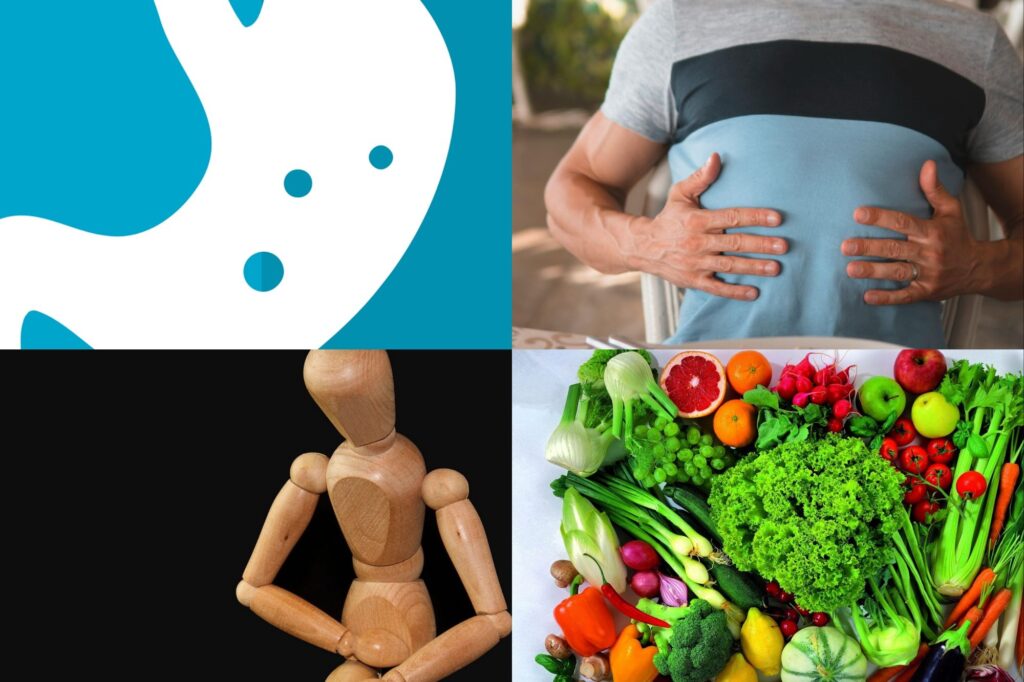

Diagnosis of Stomach Ulcers:
Endoscopy: An upper endoscopy involves inserting a thin, flexible tube with a camera down the throat to examine the stomach and small intestine for ulcers.
H. pylori testing: A blood test or breath test can detect the presence of H. pylori infection.
Stool test: A stool sample can be analyzed for blood, which may indicate an ulcer.
Treatment of Stomach Ulcers:
Eradication of H. pylori: If H. pylori is present, antibiotics are prescribed to eliminate the infection.
Acid-reducing medications: Proton pump inhibitors (PPIs) or H2 blockers are used to reduce stomach acid production and promote healing.
Lifestyle changes: Quitting smoking, limiting alcohol consumption, managing stress, and following a healthy diet can aid in healing and prevent recurrence.
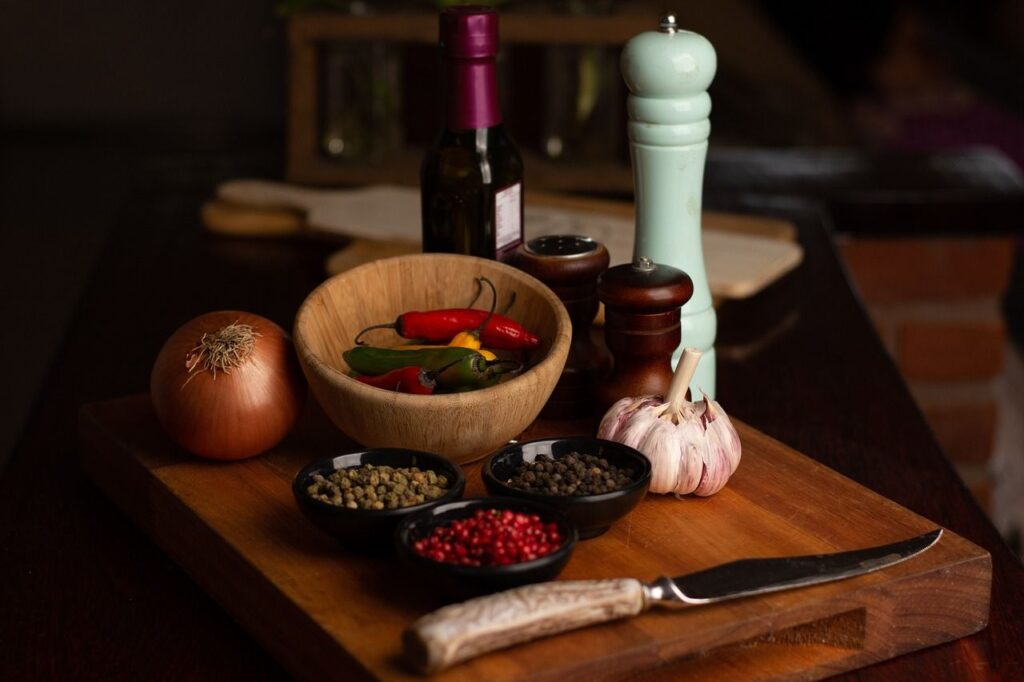

Siddha Treatment of ulcers
Siddhar Theraiyar treatment procedures as
“தொடா் வாத பந்தம் இல்லாது குன்மம் வராது’
so, the underlying factors that cause vata imbalance and constipation are determined and eliminated.
Internal Siddha medicines of anti ulcerative, gastro protective are prescribed. Churnams [சூரணம்], parpams [பற்பம்], chendoorams [செந்தூரம்], poly herbal medicated essential oils [மூலிகை எண்ணெய்], are employed in curing the ulcers in the stomach, duodenum and gastric regions. Sometimes recommended to strengthen the immune system.
Yoganas Help Ulcers
Sarvangasanam
Padmasanam
Suryanamaskaram
Chakkrasanam
Savasanam
Pranayamam


Prevention of Stomach Ulcers:
Eradicating H. pylori: Treating H. pylori infection can significantly reduce the risk of future ulcers.
Limiting NSAID use: Using NSAIDs sparingly and taking precautions like using a stomach protectant can help prevent ulcers.
Smoking cessation: Quitting smoking is crucial for reducing the risk of ulcers and overall health.
Moderate alcohol consumption: Excessive alcohol intake should be avoided to protect the stomach lining.
Stress management: Practicing stress-reducing techniques like yoga or meditation can be beneficial.
Healthy diet: Eating a balanced diet rich in fruits, vegetables, and whole grains can support digestive health.
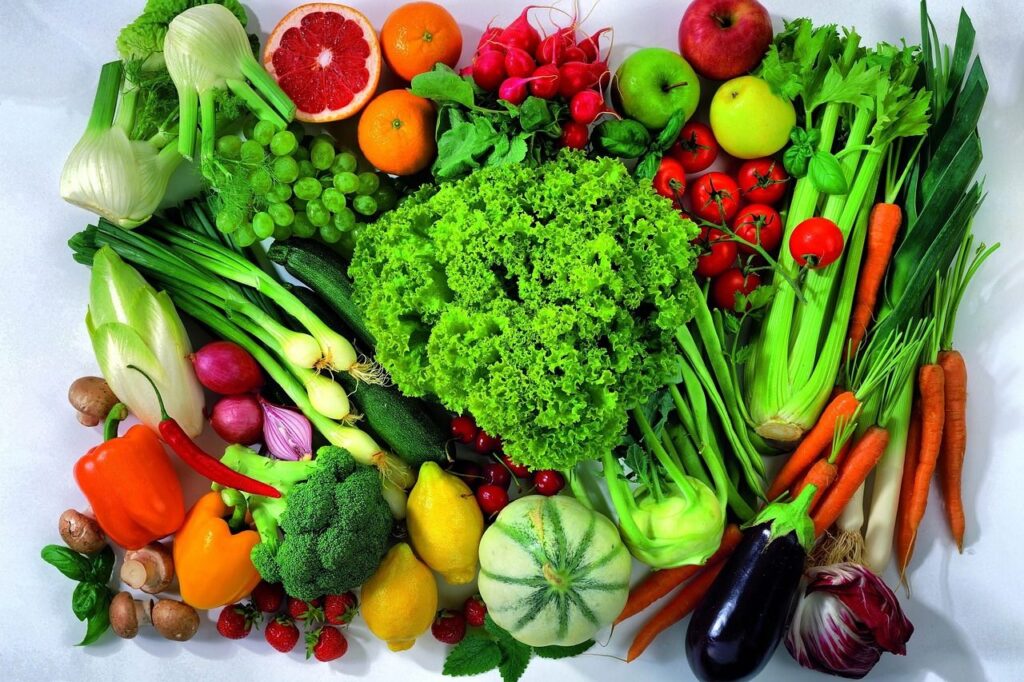

How to Relieve Stomach Ulcers
Simple asanas and meditation can be done.
After eating, do not go to bed immediately. Instead, allow 45 to 90 minutes for digestion before going to bed.
What to Eat:
Under no circumstances should you skip meals. In addition, people with ulcers should eat foods that are easy to digest. People with ulcers should not fast or overeat.
Instead of three large meals, you can eat small amounts of food multiple times a day.
Chew your food well and eat slowly.
Avoid foods that are high in fiber. You can eat cooked rice, porridge, and other foods that are easy to digest. Vegetables should also be cooked well and mashed before eating. Instead of milk, you should drink more buttermilk.
When eating non-vegetarian food, reduce the amount of spice.
You can eat eggs beaten in milk.
You can soak fenugreek seeds in water and drink it.
Avoid alcohol, smoking, tobacco, and lime.
If you follow these instructions carefully, you can easily prevent stomach ulcers.
For those with bloating:
People with bloating can roast cumin and omam slightly and boil them in water to drink.
For insomnia:
If you have trouble sleeping, you can boil milk with poppy seeds and drink it at night.
Avoid sour fruits and eat fruits that cool the bile, such as pomegranate and bael fruit.
Include fenugreek leaves in your diet regularly.
Eat spinach and curry leaves regularly.
Taking an oil bath twice a week and taking a laxative every six months is also beneficial.
Sitting in the Vajrasana position after eating helps to digest food quickly.
In general, a good diet and lifestyle, following the principles of Siddha medicine, avoiding Western diets, eating more vegetables and fruits, and avoiding taking medication without a doctor’s prescription will not only strengthen the stomach but also the entire intestine and lead to a disease-free life.
Here are some additional tips:
* Avoid spicy, greasy, and acidic foods.
* Eat regular meals and snacks throughout the day.
* Don’t smoke or use tobacco products.
* Limit your alcohol intake.
* Manage stress levels.
* Get enough sleep.
NOTE: The information provided above is for general knowledge only. If you have any symptoms of a stomach ulcer, such as pain, indigestion, or heartburn, see a doctor right away. Early diagnosis and treatment can help prevent complications.


Dr. Augastina B.S.M.S., PGDY, is a passionate Siddha Doctor with a heart of gold. She believes in healing one step at a time. In her writing, you’ll find not just knowledge, but genuine care and a holistic approach to health and well-being.
